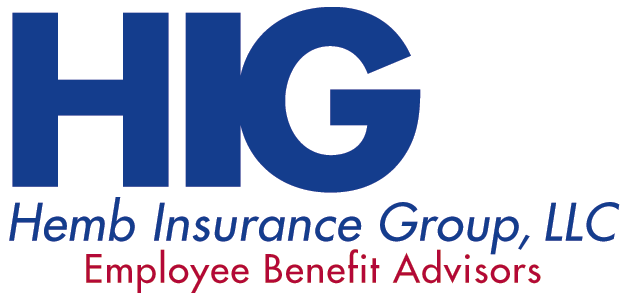 If you’re like me, your social-media feeds are jammed with headlines about getting “healthy and fit” in the new year. Of course, they’re referring to diet and exercise and common resolutions to drop pounds and work out more often.
If you’re like me, your social-media feeds are jammed with headlines about getting “healthy and fit” in the new year. Of course, they’re referring to diet and exercise and common resolutions to drop pounds and work out more often.
But it’s just as important to be concerned about your financial fitness—where you can also drop some baggage and get some strength training without going near a gym. (In fact, if you have a subscription to a gym membership but aren’t going, that’s one financial fix you can make right now.)
Here are some tips to consider for any age:
IN YOUR 20s:
Workout: Have a portion of each paycheck deposited into your savings account, or take advantage of bank programs that “round up” or have other automated savings features. Trust me, you won’t feel this burn.
Diet: Start making coffee at home or at the office instead of going for expensive lattes. Fewer calories, and more money in your pocket. This is a good time to consider getting life insurance (whether you are single or attached) as it is less expensive the younger and healthier you are.
You also need to consider disability insurance, which pays you a portion of your salary if you are sick or injured and unable to work—because who would pay your bills if you couldn’t? Your work may offer this as an employee benefit, so check with your HR department to find out if you have it and what it covers (short-term, long-term disability, etc.)
IN YOUR 30s:
Workout: You probably have a retirement program at work or some other preliminary retirement planning in place. If you don’t, start.
If you do, why not increase the amount you divert into retirement by a percentage point each year—equaling your company match percentage, if they have it, is a good target.
Diet: You may not have gotten life insurance beyond what you have through your workplace, but now is the time to consider an individual policy that you own. Remember, when you leave a job, you typically lose that life insurance offered through your workplace. And, given that life insurance through the workplace usually equals one or two times you salary (or a set amount like $50,000), it’s no longer going to cut it if you have a growing family.
If money’s tight, as it often is with a growing family, lingering student loans, and perhaps a mortgage, a term life insurance policy can protect you through the lean years. But don’t overlook the long-term benefits of a permanent life insurance policy. The cash value can be tapped later for needs that may arise. Plus, there’s nothing that says you can’t have a combination of both.
Also, consider an individual disability insurance policy that you personally own and follows you throughout your career. If you’re relying on work coverage, know that it goes away when you leave that job, and often these policies have bare-bones coverage.
IN YOUR 40s:
Workout: Do you have a financial professional helping you out? Navigating the ins and outs of a growing investment portfolio can be tricky as you move through your career and want to use traditional or Roth IRAs, and the tax benefits of various planning strategies. This may also be the time that you can add a permanent life insurance policy, if you haven’t before, which allows you to accrue cash value and obtain benefits that extend later into your life.
Diet: If you’re still carrying extra debt at this point, it’s time to get that paid down. Tackle higher-interest debts first, and celebrate each paid-off card or loan with … a bigger payment to the next one on the list.
IN YOUR 50s:
Workout: Max out your retirement contributions, especially once your kids are through college. This is also a good time to start researching things like long-term care insurance, and to make sure that your investment portfolio is built in such a way that you can reach your goals.
Diet: It may be very tempting to take on a new debt now: some folks want a vacation home, or the time may be right to start a business. But beware of any super-risky moves that can spell catastrophe with limited time to recoup losses, or that leave you with unexpected bills.
IN YOUR 60s and beyond:
Workout: Evaluate your Social Security situation against your retirement portfolio to determine the best time to retire. Understand the “living benefits” of your life insurance policies and how annuities may help you create a retirement income stream that you can’t outlive.
Diet: Is it time to downsize? It can be hard letting go of “stuff” so that you can go from that four-bedroom house to a two-bedroom condo. But the financial benefit of doing so may surprise you—plus there is less to clean and take care of (not to mention the ease of jetting off at a moment’s notice with no need for someone to look after your home.)
A lot depends on factors like your relationship status, your career path, whether you have kids or not, and what your long-term goals are, and these can change at any time in our lives.
The long and short of it is that just as when it comes to “health and fitness” goals, you’d get an annual physical. Need to know if you’re financially fit? Talk to an insurance professional or financial advisor today.
By Helen Mosher
Originally posted on lifehappens.org



